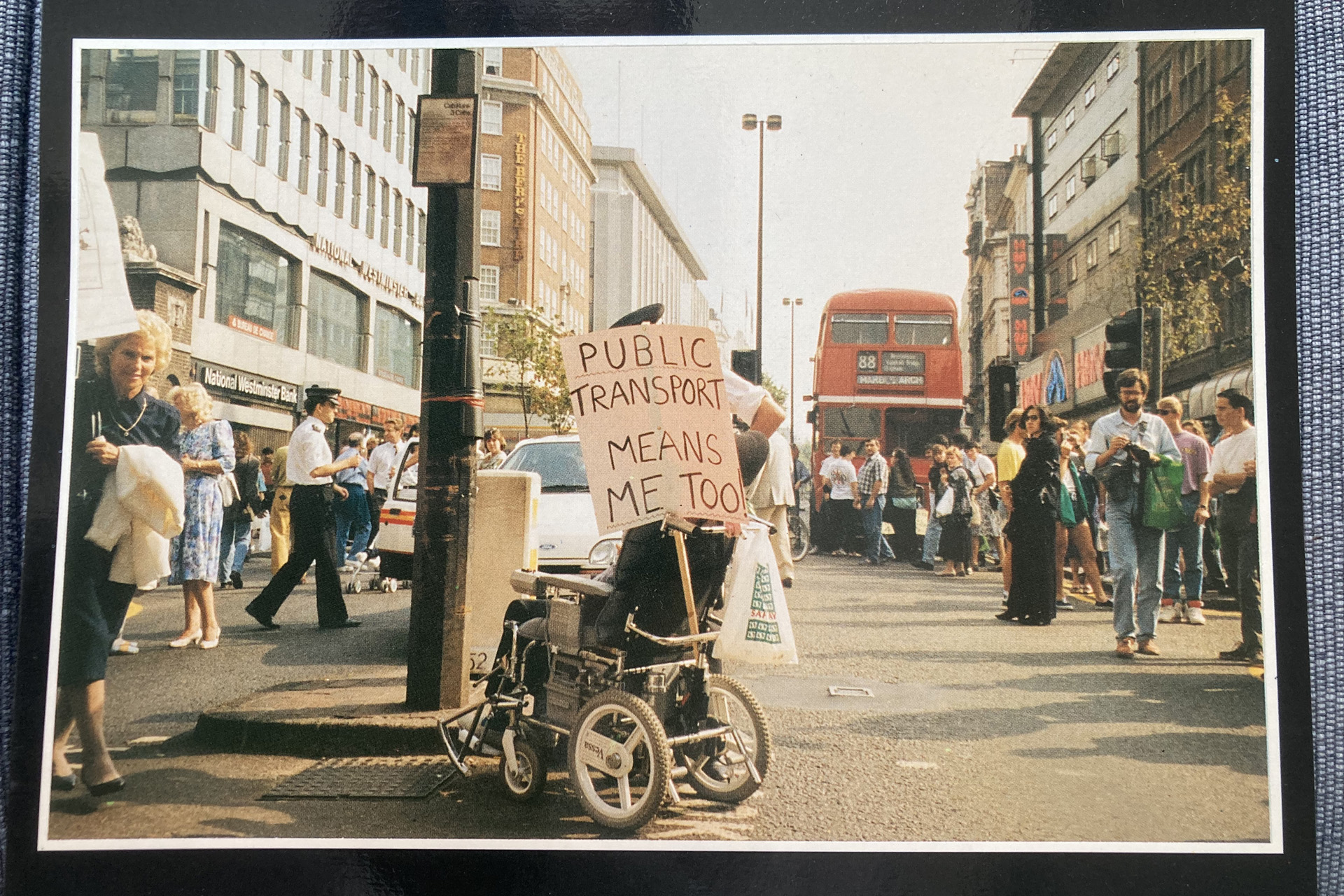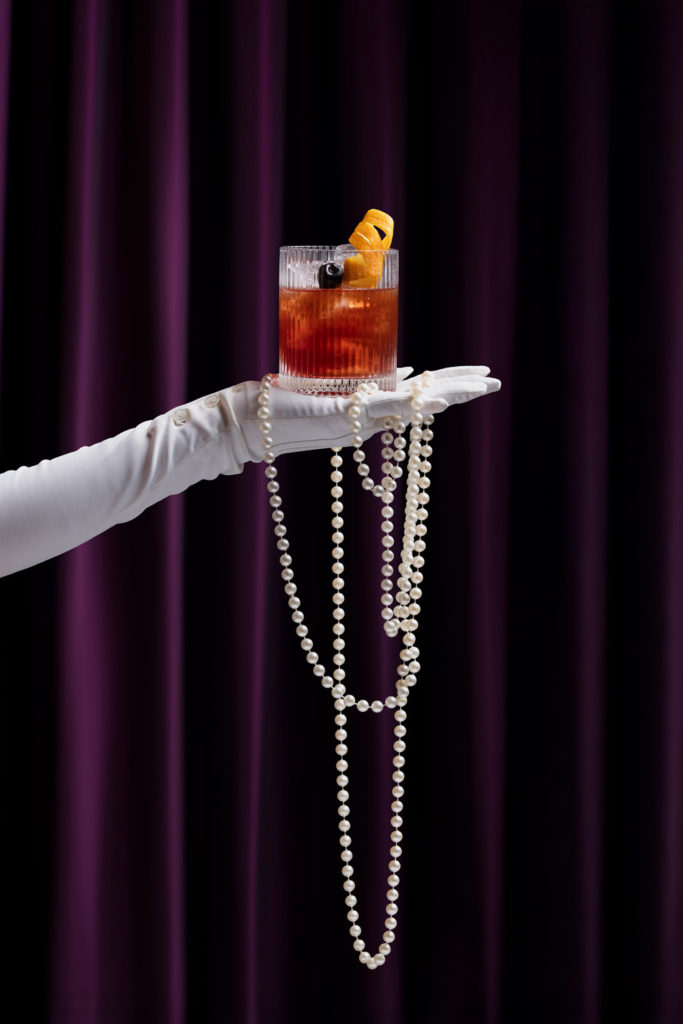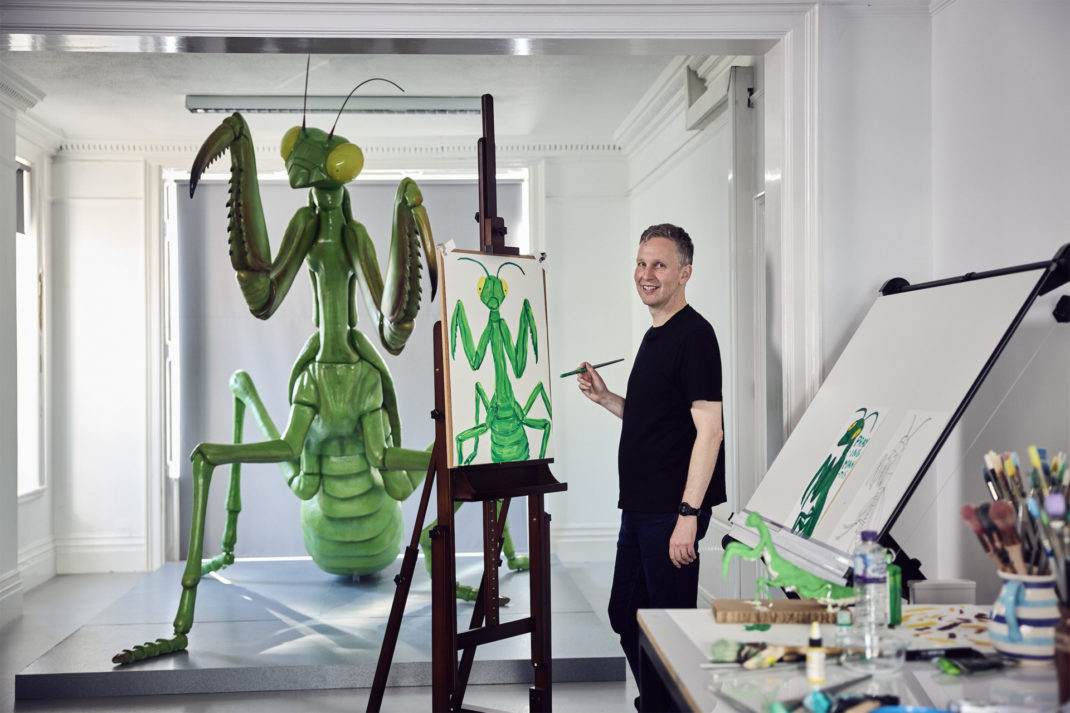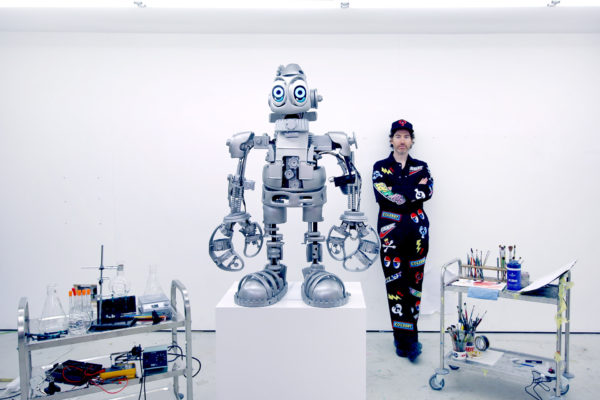Historic Disability Rights Movement To Be Archived In New Project
By
3 years ago
The project is thanks to a grant from The National Lottery Heritage Fund

Disability-led arts organisation Shape Arts has been awarded an £840,000 grant from The National Lottery Heritage Fund to explore the heritage of the historic Disability Rights Movement. The Movement was integral to passing the Disability Discrimination Act in 1995, which transformed the rights of disabled people in the UK.
Over the next four years, Shape Arts will record and digitise items and stories important to the social history and heritage of disabled people, creating an accessible and interactive website. Without the project, these stories are at risk of being lost forever.
The announcement comes ahead of the International Day of Disabled Persons, taking place this Saturday (3 December). The project will launch in 2025 to coincide with the with the 30th anniversary of the Disability Discrimination Act.
‘I am delighted to be the patron of The National Disability Movement Archive & Collection (NDMAC) – to be funded by the Heritage Fund and delivered by Shape Arts,’ said Baroness Jane Campbell, patron for the project and a pivotal figure in the movement itself. ‘This enterprise will celebrate [activists’] efforts to transform society’s response to disabled people from medical cure or segregated services to one of a civil right to be fully included in society as equal citizens!
‘Having been an active voice in this civil rights movement, and now as an independent member of the House of Lords, it’s with genuine delight that I will be hosting NDMAC in Parliament when it goes live in 2025,’ Baroness Campbell added.
‘We are delighted to support Shape Arts with their project exploring the heritage of the Disability Rights Movement, thanks to National Lottery players,’ said Stuart McLeod, director for London and the South at The National Lottery Heritage Fund. ‘This movement was integral to achieving social change in the UK. By documenting this movement and making these historical resources fully accessible to all, we will ensure that these currently hidden histories are secured forever. This will help us all to learn more about each other and our differing personal lives, experiences and memories.’
The Disability Rights Project
Adding to Shape Arts’ existing National Disability Arts Collection & Archive (NDACA), The Disability Rights website will:
- Digitise and preserve collections of key figures from the Movement
- Build an e-learning portal with accessible assets including games, zines and graphic novels for younger audiences
- Catalogue and create an extensive collection of oral history films.
There will also be a walk-in learning zone at Peckham Library, and a Routemaster bus touring locations across the UK throughout 2025, sharing these stories with a mobile cinema.
Some of the stories and collections preserved by the project will be available to see for the first time. Examples include:
The Keith Armstrong Collection: A legacy of agitprop activist materials left after Armstrong’s death in 2019. Armstrong’s personal campaigns ranged from fighting for accessible transport to begging in the streets for money to assist with his personal assistance access costs.
The Agnes Fletcher and Adam Thomas Collection: This couple met on rights demonstrations and have plenty of material, including hand-made protest banners.
The Penny Pepper Diaries: Pepper is a long-time rights activist who kept diaries of her day-to-day fights for access and inclusion, from the 1980s to the present.
The Allan Sutherland Collection: Lead media officer on the Block Telethon demonstrations, Sutherland was another leading activist in the 1980s.
The Le Court Film Unit: 1960s films that document the beginning of the modern rights movement.
The Blast TV Oral History Interviews: Interviews with key players of the Movement from the 1970s onwards, including Baroness Jane Campbell, Alia Hassan, John Evans and Micheline Mason.
Explore the National Disability Arts Collection & Archive at the-ndaca.org
Featured image from the Keith Armstrong Collection: a postcard-sized photograph from a 1990s disability rights demonstration, courtesy of The National Lottery Heritage Fund.










